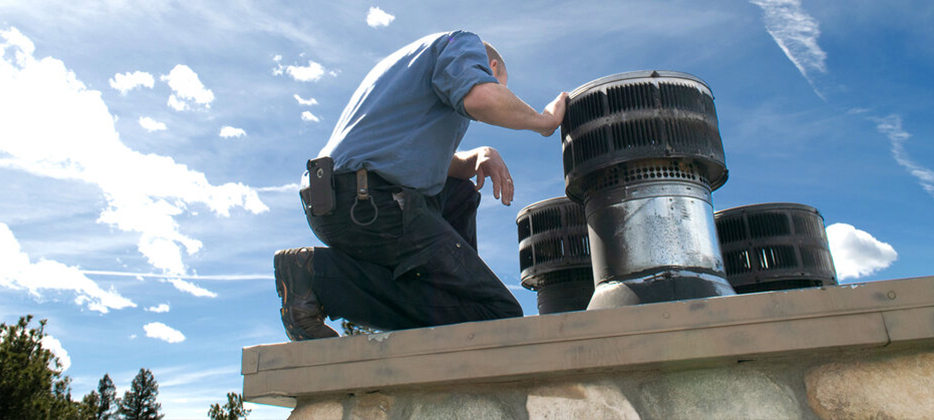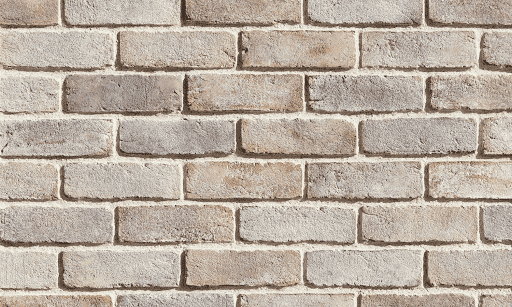Prices
Call Us at 206-437-6582
When determining the prices for masonry and remodeling work, several key factors come into play. These factors can vary depending on the specific project and location but generally include the following:
1. Material Costs
- Type of Material: Different materials have different costs. For example, natural stone is typically more expensive than brick or concrete.
- Quality of Material: Higher quality materials generally cost more. Premium options like high-grade granite or custom bricks will increase the overall cost.
- Quantity of Material: The amount of material needed directly impacts the cost. Larger projects or those requiring thicker or more layers of material will be more expensive.
2. Labor Costs
- Skilled Labor: Skilled masons and craftsmen command higher wages due to their expertise and experience. Complex projects requiring specialized skills will have higher labor costs.
- Labor Intensity: The complexity and difficulty of the work affect labor costs. Detailed or intricate designs, or work in hard-to-access areas, will require more time and effort.
- Duration of Project: Longer projects will incur more labor costs. Projects that require more hours or multiple phases of work will be more expensive.
3. Project Size and Scope
- Scale of the Project: Larger projects generally cost more due to the increased amount of materials and labor required.
- Scope of Work: Projects involving multiple elements (e.g., a full kitchen remodel vs. just replacing countertops) will be more costly.
4. Location
- Geographical Area: Costs can vary significantly by region. Urban areas with a higher cost of living may have higher labor and material costs compared to rural areas.
- Site Accessibility: Difficult-to-access sites or those requiring extensive preparation (e.g., demolition, clearing) can increase costs.
5. Design and Customization
- Custom Designs: Unique or customized designs often require more time and specialized materials, increasing the overall cost.
- Architectural Features: Projects with complex architectural features, like arches or intricate stone patterns, are more labor-intensive and costly.
6. Permits and Regulations
- Building Permits: Obtaining necessary permits can add to the cost, especially if multiple permits are required.
- Compliance with Codes: Ensuring that the work complies with local building codes and regulations can increase costs, particularly if extensive modifications are needed.
7. Seasonal Factors
- Weather Conditions: Working conditions can affect labor efficiency and material handling. Extreme weather may delay projects or require additional measures to protect materials and workers.
- Seasonal Demand: Prices may fluctuate based on seasonal demand. For example, there may be higher demand for outdoor projects in the spring and summer, leading to higher costs.
Latest Articles

How Often Does a Gas Fireplace Chimney Need to Be Cleaned?
A gas fireplace chimney needs to be cleaned at least once a year. Annual cleaning prevents carbon monoxide leaks, ensures proper ventilation, improves efficiency, and identifies potential issues like blockages or corrosion,...

How Much Does It Cost to Finish a Basement Project?
Finishing a basement project typically costs between $7,000 and $23,000, depending on size, materials, and labor. High-end projects can exceed $35,000. How Much Does It Cost to Finish a Basement? The cost of finishing a basement...

Which Brick is Right for Your Project?
Bricks are one of the oldest and most versatile building materials, used in construction for centuries. They come in various types, each with its unique properties and uses. Whether you're building a new home, renovating, or working on a landscape project, choosing...

The Washington State
Masonry Company
License No. BRICKBD809Q4
Same day or same week estimates and completions
5 year warranty on all workmanship
Based out of Federal Way, WA
Call Us At: 206-437-6582



